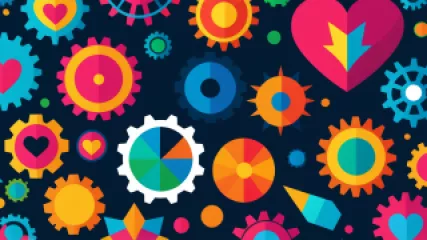7 Powerful Lessons from 'The Godfather' to Help Overcome Workplace Bullying
1 year ago
Workplace Bullying
Reclaiming Life After Trauma: An Empowered Perspective
1 year ago
Recovering from Trauma
7 Effective Ways to Maintain a Healthy Work-Life Balance and Prevent Burnout
1 year ago
Preventing Burnout
10 Best Mindfulness Practices to Boost Productivity at Work
1 year ago
Mindfulness at Work
Navigating Online Addiction Treatment Options: A Step-by-Step Guide
1 year ago
Addiction
Fostering Patient Trust and Security: A Research Summary
1 year ago
Cultivating Patient Relationships
10 Powerful Strategies to Manage Feelings of Inadequacy
1 year ago
Overcoming Insecurity
The Ultimate Guide to the Benefits of Nature
1 year ago
Benefits of Nature
10 Proven Strategies to Overcome Any Obstacle
1 year ago
Overcoming Obstacles
Top 5 Questions About Adolescent Mental Health Coaching
1 year ago
Mental Health in Adolescents
What are the Key Principles of Educational Psychology for Mental Health Coaching?
1 year ago
Educational Psychology
Navigating Emotional Crises: A Personal Perspective
1 year ago
Managing Personal Crisis
A Step-by-Step Guide to Understanding and Overcoming Self-Deception
1 year ago
Understanding Self Deception
Unraveling the Mysteries of Dream Interpretation: An Interview with a Dream Symbolism Therapist
1 year ago
Dream Interpretation
10 Anti-Bias Strategies to Confront Bias in the Workplace
1 year ago
Confronting Bias














